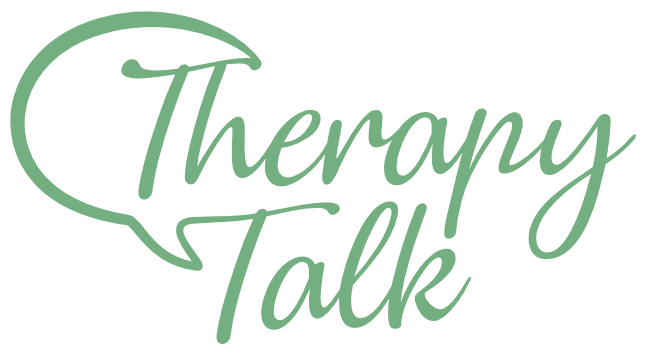What is trauma?
At some point, most of us will live through a terrifying event. It could be a car accident, a natural disaster, a medical emergency, a fire—or perhaps a trauma inflicted by another person in the form of assault, abuse, combat, or robbery. Trauma can come from seeing another person be seriously hurt or killed, or learning about something awful that happened to a person we love. Trauma can also come from witnessing or experiencing traumatic events during childhood.
Trauma is the experience of severe psychological distress following any terrible or life-threatening event. Sufferers may develop emotional disturbances such as extreme anxiety, anger, sadness, survivor’s guilt, or post-traumatic stress disorder (PTSD). They may experience ongoing problems with sleep or physical pain, encounter turbulence in their personal and professional relationships, and feel a diminished sense of self-worth due to the overwhelming amount of stress.
Traumatic experiences often arouse strong, disturbing feelings that may or may not abate on their own. In the immediate aftermath of a traumatic event, it is common to experience shock or denial. A person may undergo a range of emotional reactions, such as fear, anger, guilt, and shame. Feelings of helplessness and vulnerability are also common. Some may experience flashbacks and other signs of PTSD. Traumatic memories fade naturally with time. Persistence of symptoms is a signal that professional help is needed.
Common reactions to a traumatic event include:
- Replaying the memory or flashbacks
- Nightmares, sleep disturbance
- Trying not to think or talk about the event
- Intrusive negative thoughts
- Fear and anxiety
- Anger
- Sadness
- Guilt and blaming yourself
- Feeling numb
- Difficulty trusting others
- Feeling constantly on guard
- Being easily startled
While these reactions are common, most people will find that they gradually subside over a period of days to months. If you find that you’re struggling to recover from your trauma, don’t hesitate to seek professional help. There are highly effective treatments for post-traumatic struggles that can greatly help the majority of people who receive them.
Source:



